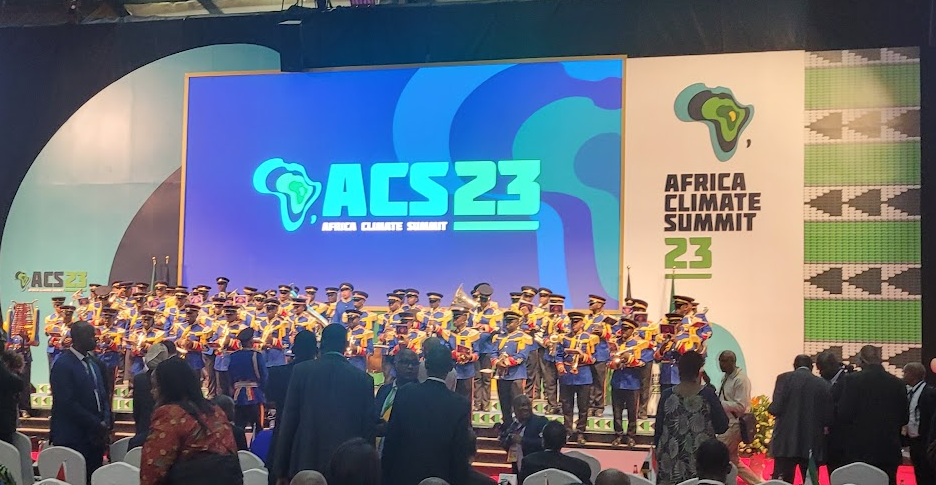Introduction
The recent Africa Climate Summit (ACS) in Nairobi, Kenya, showcased the urgent need for innovative solutions to combat climate change, particularly in Africa, which is disproportionately affected by its impacts. This article discusses three key ways AI can assist communities in adapting to climate change:
-
Partnership-Based Approach: Collaborating with national governments, NGOs, and the UN World Meteorological Organization to raise awareness of AI tools that provide early warnings for natural hazards like floods and wildfires. For instance, the Flood Hub platform forecasts riverine floods in 80 countries, including 23 in Africa, utilizing a global AI model that predicts river behavior even in areas with limited historical data.
-
Local Research Teams: Google Research teams in Accra, Ghana, and Nairobi, Kenya, are dedicated to addressing societal challenges through AI. They are exploring solutions for food security, which is critical as 70% of Africans depend on agriculture. Their work includes forecasting food insecurity and enhancing food production.
-
Collaboration for Innovation: Engaging with policymakers, entrepreneurs, and academic researchers to explore further innovations in AI that can support climate adaptation and mitigation efforts across the continent. This collaborative approach emphasizes the importance of shared knowledge and resources in tackling climate challenges effectively.

